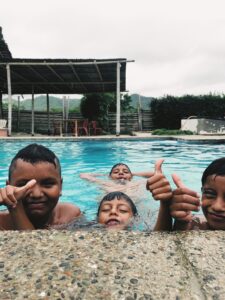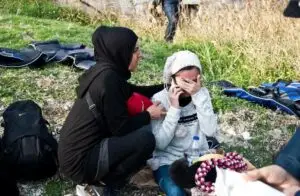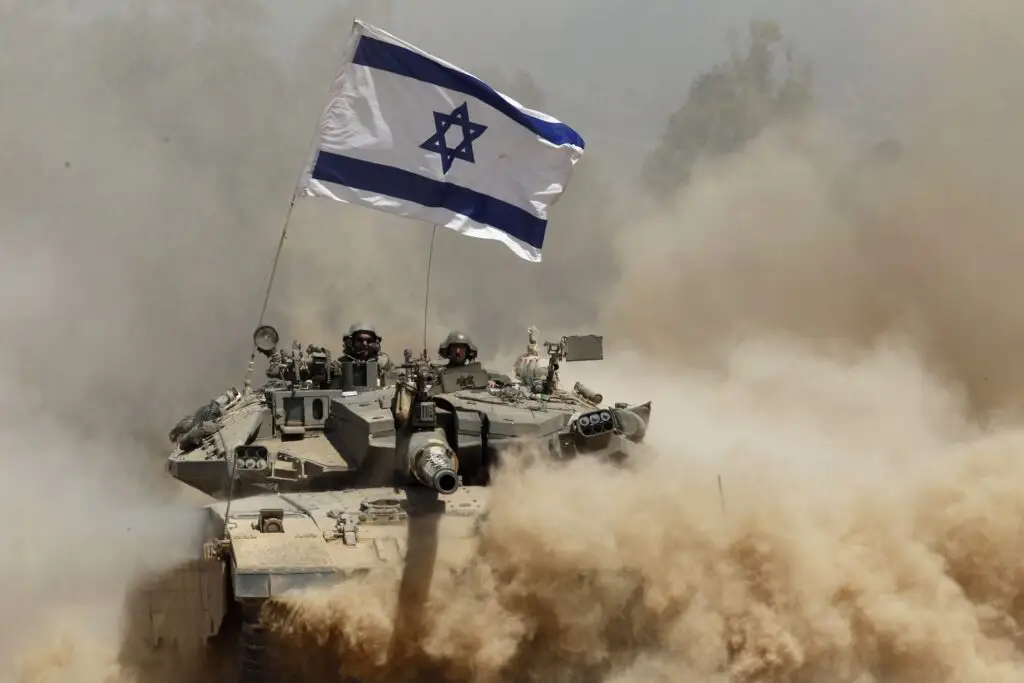Everything written in these pages is based on personal experience. Overall, this is the way I remember what happened. And everything, of course, is based on actual events. Unfortunately.
“Is it like this every day down here?”
I remember asking my boss, Lieutenant Ellefsen. It was my first day as a military policeman in the Norbatt contingent 9. The date was June 5, 1982.
The intense firing had increased in strength ever since I arrived in the village of Ebel Es Saqi, where parts of the Norwegian UN force were located. In the last few hours, the counter-shootings from the PLO had approached our area and over our heads, Israeli helicopters and fighter jets flew back and forth.
“No,” said Ellefsen. “This is something new.”
Operation Peace for Galilee
17 hours later, on June 6, 1982, Israel invaded southern Lebanon. In the space of a few days, 632 tanks, 891 armored personnel carriers, 30 self-propelled bombers and a rocket launcher battalion, equivalent to two to three mechanized divisions, rolled through Norbatt. About 100,000 Israeli soldiers followed in four axes. Norbatt registered 200 shots of artillery, bombers and rockets in its own area and in Saqi (a small village with aprox 2000 inhabitants) alone, 59 artillery shots fell in one day. Israeli counter-fire caused 4,000 heavy artillery shells to be fired over Saqi and into the Bekaa Valley within 24 hours.
Amazingly, we only lost one man. Erling Robert Ekrheim. How many died on their own in the years that followed, the statistics say nothing about. Norbatt’s personnel made some attempts to prevent the advance of the IDF. But it was useless.
Israel’s collaborator in Lebanon, Major Saad Haddad, grabbed the opportunity and tried to clear out the remaining resistance in our area. In the weeks that followed, Norwegian UN soldiers worked hard to prevent arrests, arbitrary executions, and rapes. It was a horror scenario taken from a Dante’s inferno for young Norwegian soldiers.
The unrest has built up in me in recent days. Awake nights have become more frequent, thoughts are often back in Lebanon. Anxiety creeps in. The flashbacks as well. There has been no shortage of triggers at all this year. The war in Syria and Iraq, Ukraine, small children drowning in the Mediterranean, the pandemi.
At the age of 19, I helped retrieve two 12- and 13-year-old boys from a minefield just outside the city of Marjayoun in Lebanon, in the fall of 82. One dead, the other barely alive. It was my first encounter with the brutal reality of the war. It would not be the last. Almost forty years later, I still remember the smell of dust, gunpowder, and blood. Unfortunately, I can all too well imagine how it is experienced in today’s war zones.
The events in Lebanon are history now. As it will be for those who served in the Balkans, in the Gulfwars, in Somalia and in a few years, in Afghanistan.
For some, it will always be as if it happened yesterday.
I wish you all a peaceful new year.

What is a lifetime, really?
Twenty good years? A good friend of mine once said while walking in the mountains of Gran Canaria.“Knut, we have twenty good years left. Use

How to protect yourself from your PTSD, when the world is on fire
(It is war. And it is mine. ) The headlines that meet me today are about the war in Ukraine. Alarms going off, people fleeing,

The thin film of civilization
The thin film of civilization This picture are taken on Lesvos. Her husband and baby drowned on the way over from Turkey. This is a
